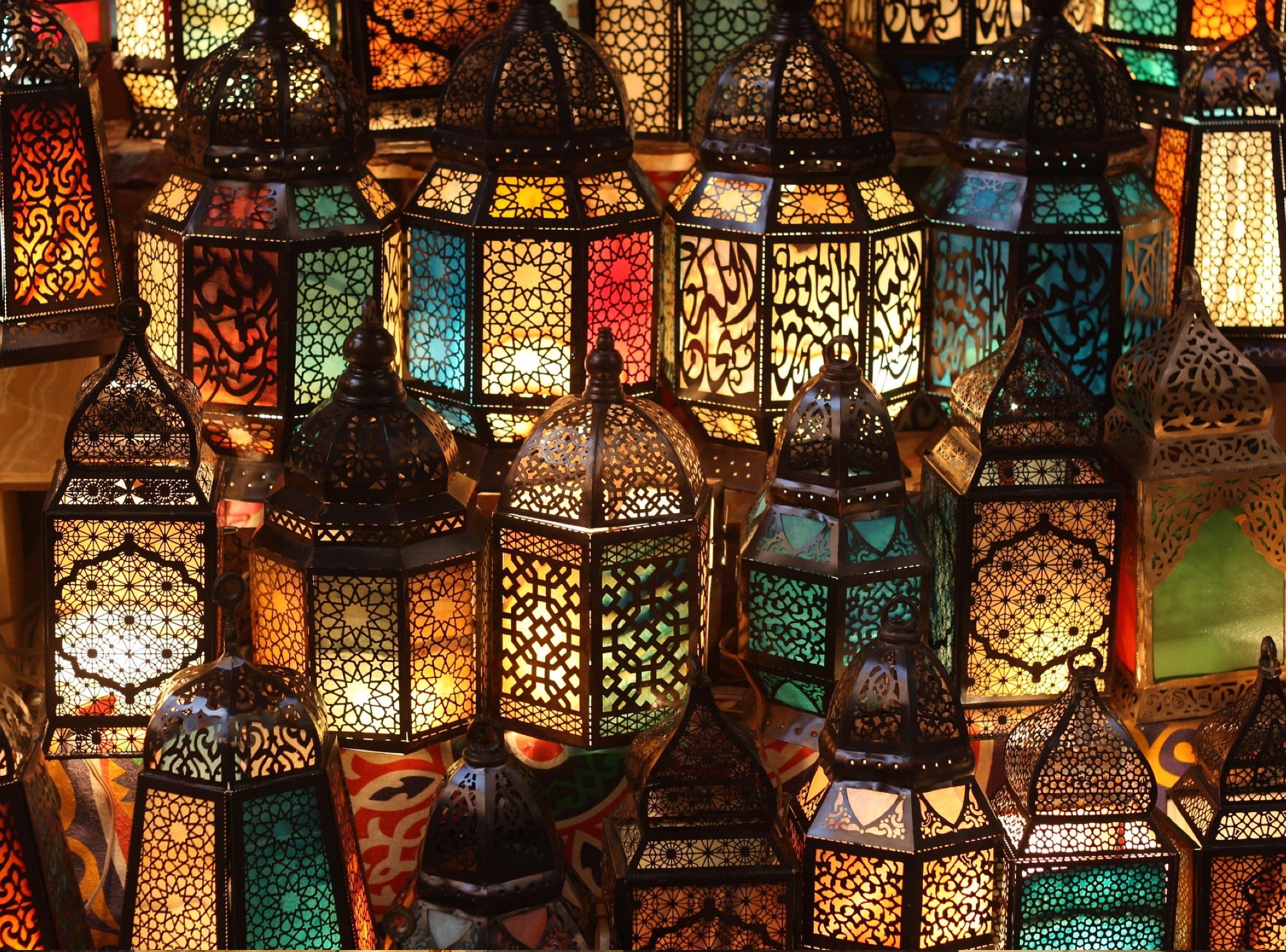Egypt - Land of Ancient Bazaars & Vibrant Markets
Why Shop in Egypt
Egypt offers a unique shopping experience steeped in thousands of years of trading tradition. From the legendary Khan el-Khalili bazaar in Cairo to papyrus shops near the Pyramids, spice markets in Aswan, and modern malls in Cairo and Alexandria, Egypt combines authentic Middle Eastern market culture with distinctive local products. Bargaining is not just expected - it's an essential part of Egyptian shopping culture and a cultural experience in itself!
Shopping Districts
Egypt's main shopping areas include Islamic Cairo (Khan el-Khalili and historic bazaars), Downtown Cairo (modern malls and shops), Luxor markets (near temples), Aswan souks (Nubian crafts), and Red Sea resort shops (beach and diving gear). Each area offers authentic experiences from atmospheric medieval markets to air-conditioned modern malls, with bargaining culture deeply embedded in traditional shopping.
What Makes Egyptian Shopping Unique
Unlike modern shopping destinations, Egypt's markets retain their medieval character - narrow alleys, atmospheric lighting, calls of merchants, aromatic spices, and centuries-old trading traditions. The experience of bargaining in Khan el-Khalili or Luxor souks connects you to trading practices that have existed for over 1,000 years. Products are often locally made, prices are negotiable, and the shopping experience itself is as memorable as what you buy.
